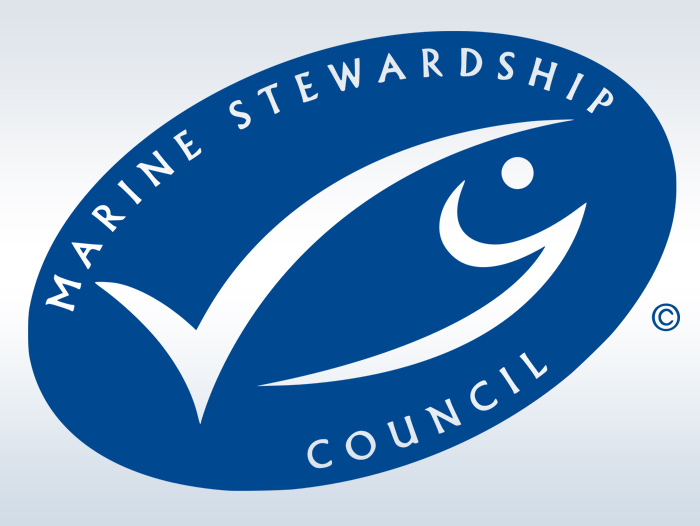U.S. Atlantic Skate Achieves MSC Certification
June 24, 2019 | 3 min to read

Washington, D.C. – The U.S. Atlantic Winter Skate (Raja ocellata) fishery in the Northwest Atlantic has been certified sustainable against the MSC fisheries standard. The assessment, executed by independent conformity assessment body MRAG Americas, Inc. was requested by the Sustainable Fisheries Association whose members include: Cape Ann Seafood Exchange, Inc.; Marder Trawling, Inc.; and Seatrade International. The assessment was completed as part of a scope extension under the U.S. Atlantic spiny dogfish fishery certificate.
Skate are a relative of sharks and rays and have a kite-like shape. The skate fishery began to develop in the 1990s as it was marketed as an ‘underutilized species’. Winter skates can be caught by bottom trawl, longline or gillnet in state and federal waters off the Atlantic coast of the USA. Skates are not known to undertake large-scale migrations but do move seasonally in response to changes in water temperature, moving offshore in summer and early autumn and returning inshore during winter and spring.
“Congratulations to Sustainable Fisheries Association on achieving MSC certification for another well managed US fishery,” said Brian Perkins, Regional Director of the Americas for the Marine Stewardship Council. “They have demonstrated their hard work in sustaining the skate fishery, and in meeting the MSC fisheries sustainability standard.”
Attorney John Whiteside, who represents the Sustainable Fisheries Association said: “The certification of the fishery allows consumers to buy winter skate with the confidence that the fishery will continue to be operated and managed in a sustainable manner. We are committed to preserving a way of life for commercial fishermen and their families while minimizing ecosystem impact to insure the winter skate fishery is sustainable for generations to come.”
The fishery is certified until 2024 and will undergo annual audits within that timeframe to ensure the MSC standard continues to be met.
About the Marine Stewardship Council (MSC)
The MSC is an independent, nonprofit organization dedicated to sustainable fisheries and seafood. Check restaurant menus, the frozen and canned goods aisles, the fresh fish case, the supplements section, and even the pet food aisle for the blue fish.
Look for the blue fish on your seafood:
- It’s simple: An easy way to identify ocean-friendly, sustainable seafood.
- Eat well: Know that your seafood is as good for the oceans as it is for you.
- Feel good: Support fishermen, fishing communities, and companies that care as much as you do.
- Rest easy: Know exactly where your seafood comes from.
More than 300 fisheries in over 34 countries are certified to the MSC’s Standard. These fisheries have a combined annual seafood production of 12 million metric tons, representing 15% of global marine catch. More than 35,000 seafood products worldwide carry the MSC label. For more information visit www.msc.org and follow @MSCBlueFish on Instagram, Facebook, and Twitter for regular updates.
The MSC program could not exist without the many fishers around the world who work to safeguard stocks, ecosystems, and their own livelihoods. Read stories about fishermen working hard to safeguard our oceans.
